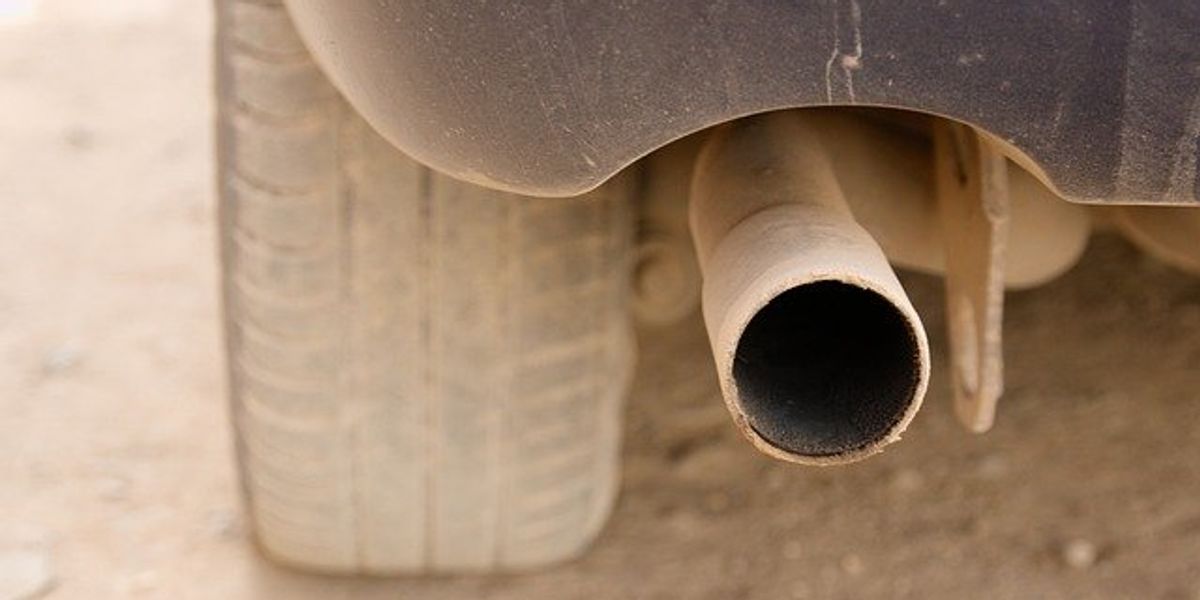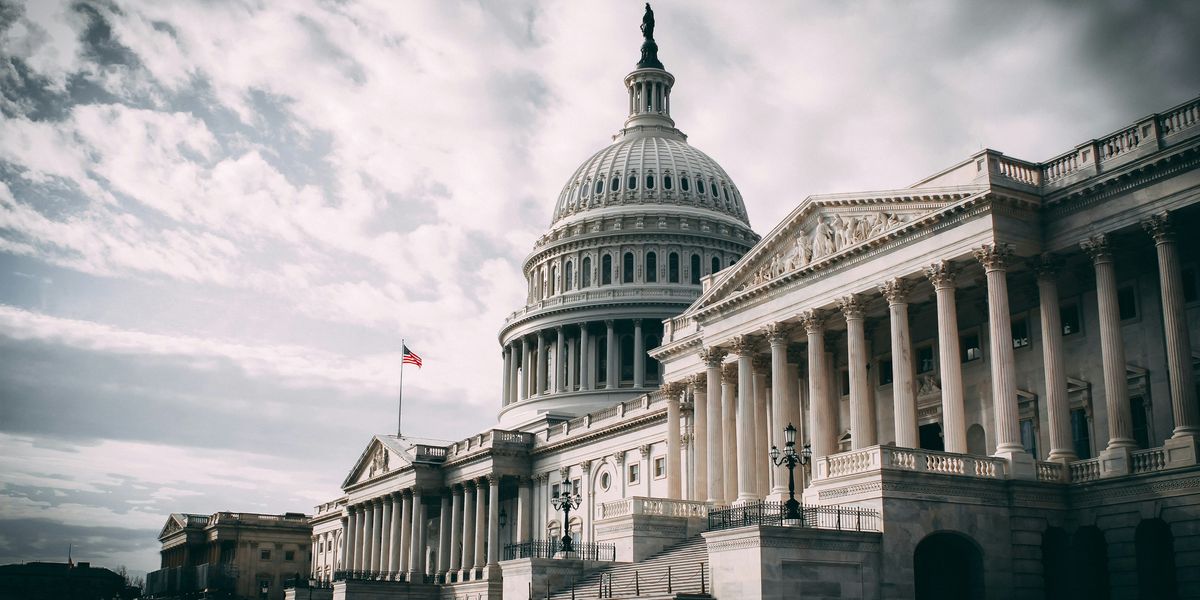
Meat industry-backed PR campaign fueled backlash against plant-forward diet study
A public relations firm working with the meat and dairy industry orchestrated an aggressive media campaign to discredit the landmark 2019 EAT-Lancet report, documents reviewed by DeSmog reveal.
Clare Carlile reports for DeSmog.
In short:
- The EAT-Lancet report, launched in 2019, urged a 50% cut in global red meat consumption to protect climate and health, but was quickly met with an orchestrated backlash.
- A confidential document reviewed by DeSmog shows PR firm Red Flag helped seed opposition by briefing journalists, influencers, and think tanks to portray the science as radical and elitist.
- Red Flag’s campaign was likely conducted on behalf of the Animal Agriculture Alliance, a coalition with ties to industry giants like Cargill and Smithfield, and involved high-reach social media and press strategies.
Key quote:
“Red Flag turned EAT-Lancet into a culture war issue. Instead of having nuanced conversations about the data, Red Flag takes us back to mud slinging.”
— Jennifer Jacquet, professor of environmental science and policy at the University of Miami
Why this matters:
The backlash against the EAT-Lancet report — a global call for a “planetary health diet” heavy on plants and light on red meat — shows how powerful industries can turn science into a political battleground. Though grounded in peer-reviewed research linking food systems to climate change and public health, the report was met with fierce resistance from meat and agribusiness interests. These groups used familiar tactics: discrediting scientists, framing dietary guidance as a threat to personal freedom, and promoting disinformation that painted the report as elitist or ideological. The meat industry, in particular, has relied on deep pockets and PR muscle to obscure its role in contributing over 14% of global greenhouse gas emissions, while sidestepping its impact on biodiversity loss, deforestation, and water pollution.
Learn more: Meat and dairy companies prioritize advertising over emissions reduction













